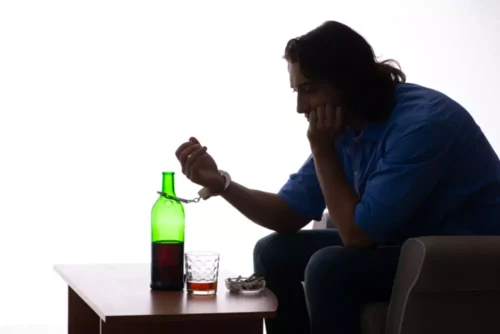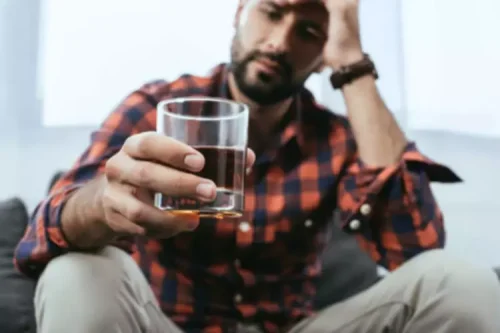
This means that when alcohol is consumed, more of it ends up in the bloodstream, which amplifies its effects on the body. It can be extremely hard for a medical professional to come forward and admit that they have been affected by alcoholism. They risk their careers, social lives, and all that they’ve worked for.
Alcohol and age: A risky combination
Older adults are more vulnerable to the physiological effects of alcohol than younger adults (Gargiulo et al. 2013). Alcohol consumption in amounts considered light or moderate for younger adults may have untoward health effects in older people because it is processed differently (Ferreira and Weems 2008; Gargiulo et al. 2013). In particular, as people age, liver enzymes that metabolize alcohol and other drugs are less efficient, and the central nervous system becomes more sensitive to drugs. In addition, age-related decreases in lean body mass result in a decrease in the aqueous volume of cells, which in turn increases the effective concentration of alcohol and other mood-altering chemicals in the body. Likewise, because older adults who drink are more likely to take alcohol-interactive medications than younger drinkers (Breslow et al. 2015), they may be at increased risk for adverse alcohol-medication interactions.
No, alcohol isn’t good for you. Will new dietary guidelines be shaped more by health or industry interests?
When you drink, try to have a meal or snack before having a cocktail or have a glass of wine with a meal, which will slow absorption of alcohol, Weaver says. And be sure to drink plenty of water or another non-alcoholic beverage—perhaps alternating these with alcoholic drinks—to help you stay hydrated. Sometimes people have a nightcap to help them fall asleep, Bogunovic says. Some interactions between alcohol and medication can be life-threatening.
Alcohol Abuse
You can also reconnect with old friends via social media and then schedule online get-togethers. If you have a habit of drinking every day, this might be a good way to reduce your alcohol usage. Come up with a list of activities that will keep your mind off of drinking during the days you decide to abstain. For example, go for an does alcohol make you look older evening walk with a friend, have a movie night with family members, or spend time tending to your garden. Maybe you’ve fallen for the common misconception that the older you are, the better you can handle alcohol. In actuality, as you grow older, your body has a harder time metabolizing alcohol, increasing your sensitivity to it.

The NSDUH also has shown that illicit drug use increased from 1 percent in 2003 and 2004 to 3.9 percent in 2013 (SAMHSA 2014), suggesting that both alcohol and drug use have increased slightly in older adulthood. Alcohol use in older adults has been trending upward over the years, particularly among women. One epidemiologic survey determined that in the United States between 2001 and 2013, among people 65 and older, the rate of alcohol use disorder increased 107%. In particular, 20% of respondents drank alcohol four or more times per week; 27% reported having six or more drinks on at least one occasion in the past year; and 7% reported alcohol-related blackouts. Some people—including those who are elderly—may get wobbly after one alcoholic beverage, while others need a few drinks to feel any impact.
Social isolation is linked with a 50 percent increased risk of depression, dementia, and premature death from all causes, equal to known risks like smoking, obesity, and physical inactivity. However, some data suggest men drink an average of 3.5 servings of beer or 1.8 servings of wine on days when they drink beer and wine. Women drink an average of 2.2 servings of beer or two servings of wine. https://ecosoberhouse.com/article/why-we-have-a-fear-of-being-sober-5-fears-about-it/ And at least one study found the average alcohol content of beer, wine, and spirits increased between 2003 and 2016, packing more of a punch per serving. Alcohol use is most prevalent among people in their early-to-mid-20s, and tends to decrease slightly as people age. Underage drinking has greatly declined through the years, but heavy drinking in the 20s and 30s is a lingering problem.
- So if you’re drinking more — or even if you’re just drinking the same amount — you can start having problems, says Lawrence Ferber, director of Behavioral Health Central Intake Services for Catholic Health Services of Long Island.
- Research that has examined older adults’ alcohol use during the early phases of the pandemic has generally found that compared to younger adults, older adults report smaller increases in alcohol use.
- Dropping classes, missing deadlines, and being put on academic probation can potentially jeopardize the student’s future and chance at their dream career.
- All in all, the sooner you quit or moderate your drinking, the better.
Research shows we process liquor differently over time. What does that mean for your health?



